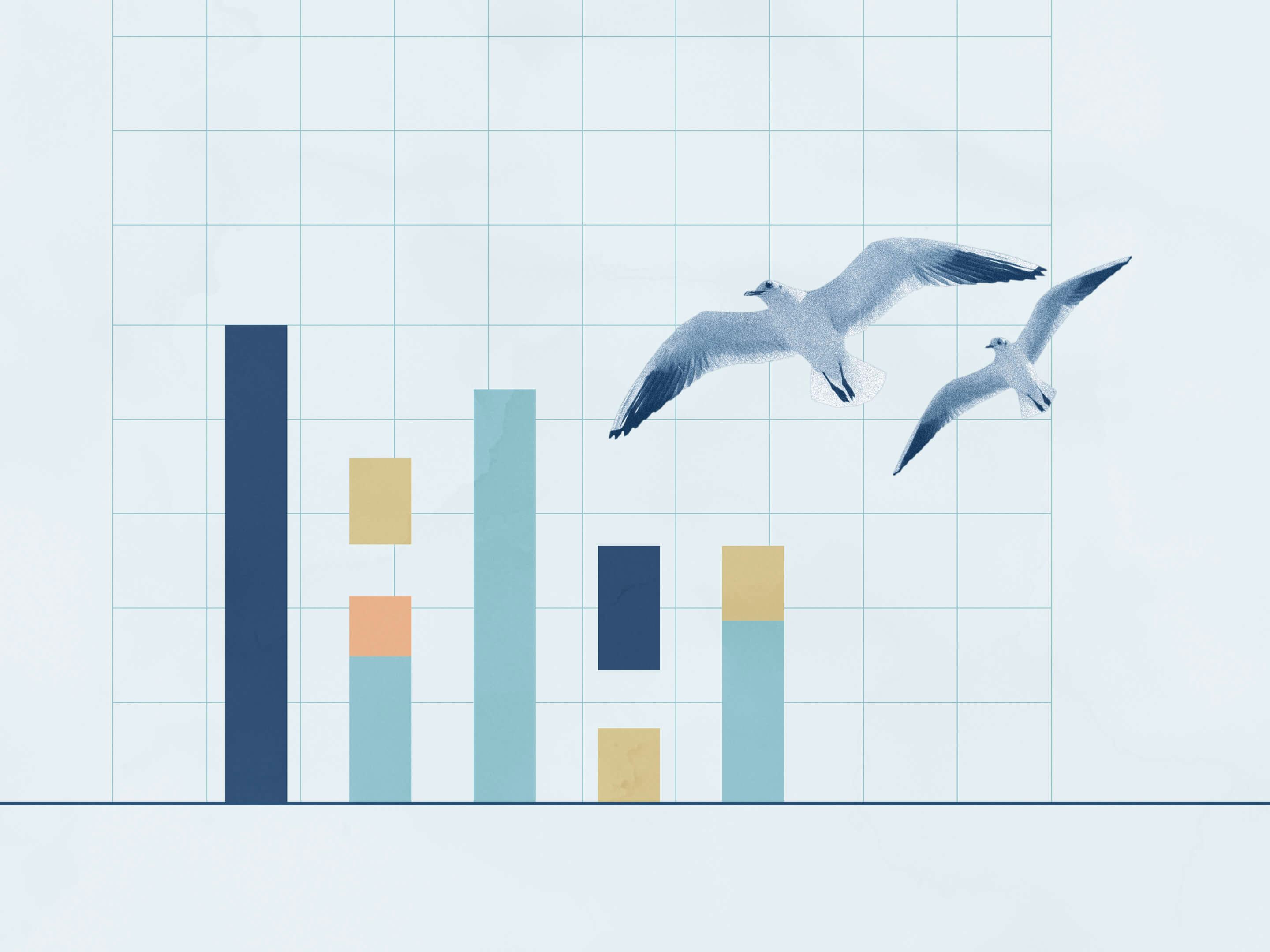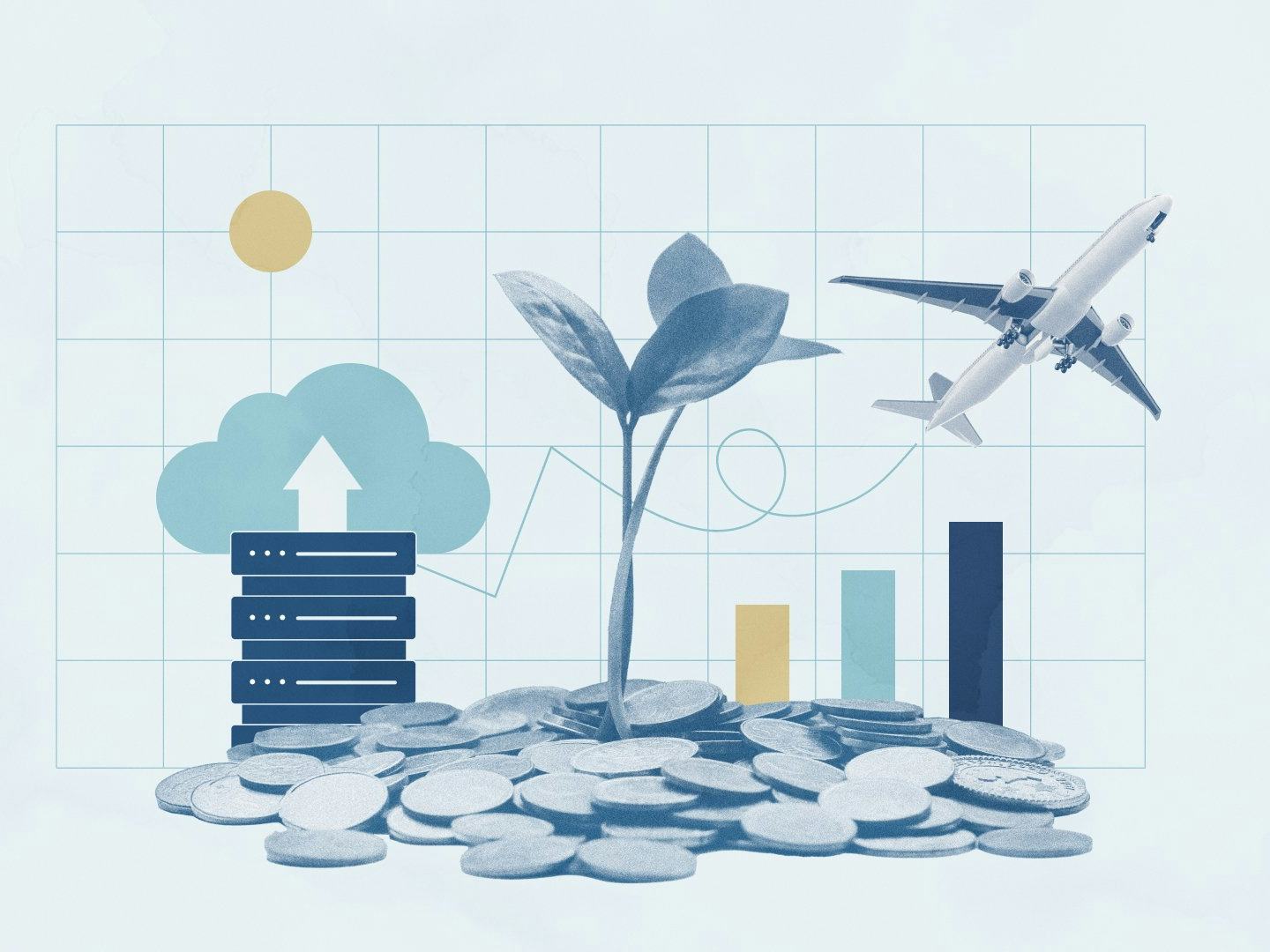A new macroeconomic forecast from Landsbankinn Economic Research expects to see 3.2% economic growth in 2023 and is considerably more optimistic than the department’s forecast from October 2022. One of the main reasons for optimism is the more positive outlook in the travel sector.
- Economic Research forecasts 2.1 million tourist arrivals this year and 2.5 million in 2025, which would be a record.
- The policy rate is expected to be raised by another percentage point and to peak at 8.5%. A rate-cutting cycle is not expected to commence until the second quarter of 2024.
- Economic Research assumes that inflation has reached a high point and that it will recede slowly but steadily to stand at 4.5% at year-end 2025.
- According to the forecast, price changes in the real estate market will be limited for the remainder of this year and housing prices will on average be 4.8% higher than in 2022.
- The Icelandic króna (ISK) is expected to appreciate, foreign trade to be more or less balanced and purchasing power to increase, though not by much.
Una Jónsdóttir, Head of Landsbankinn Economic Research:
“We are settling into a slower rhythm leading up to the forecast horizon, compared to the robust growth in previous years, and expect to see the economy achieve a new balance. We expect rather strong economic growth this year, stronger than we previously anticipated. The policy rake hike series is on-going, in our opinion, and we expect to see an increase of one more percentage point before entering into a rate-cutting cycle. We expect the ISK to appreciate and that the economy will trend towards a balance in foreign trade.
The principal uncertainty factors are the influencing components of inflation, such as salary development in coming years, with collective bargaining agreements in the private sector expiring in the near future, but also development of the ISK exchange rate and domestic demand.”
Economic forecast 2023-2025: Slower rhythm succeeds rapid turnaround










